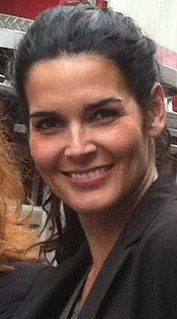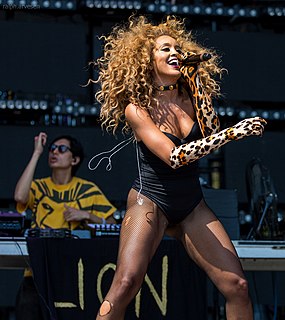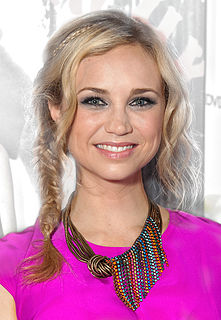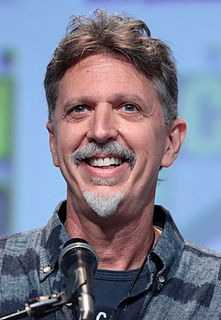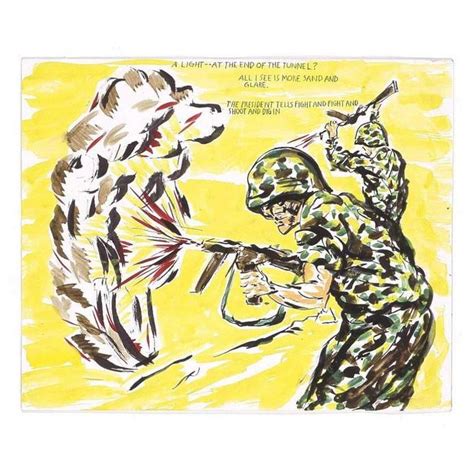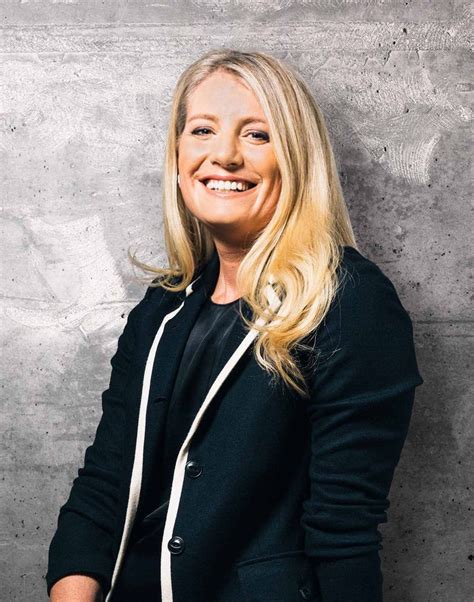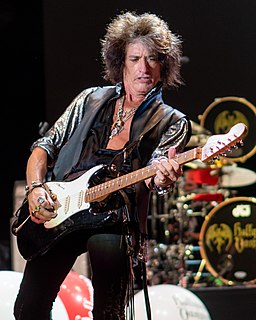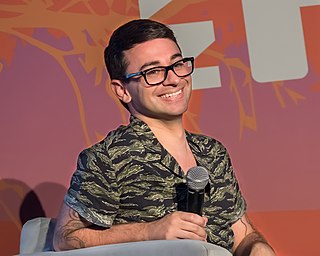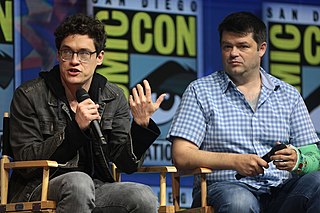A Quote by Angie Harmon
It's definitely got a lot more grit to it. And, we don't pretend to be the smartest people there. We're not like, "This is how we did it, and now we're just going to show you how we go catch them. The audience gets to figure it out with us.
Related Quotes
My friends make me laugh: funny Instagram videos, but mostly people falling over. It's so bad, but it never gets old. I just love how people cover up their falls. The whole experience of 'Oh, I just fell, and I'm going to run out of the fall and pretend I did this on purpose.' I just like to see how people cover up their mishaps.
One of the things I've learned - before I would go on a show, I was like, "Oh God, I hate that show" or "That show is gonna get canceled." But now after being full-time on a show, you see how difficult it is and how much work goes into it and how so many decisions are based on finances or people's schedules or talent or location issues. It's a miracle that anything gets made.
Now, the relationship the storyteller has with the audience is a much higher quality relationship. You treat them with a lot more intelligence because the truth is that it's not my fault if you don't know what's going on. There are plenty of ways for you to find out. You can talk to all kinds of people, and you've got access to all this information. The onus is no longer on us, as a storyteller, to tell you. You can go out and find out yourself.
What social media has done - Facebook, Twitter - is show the audience. I don't have an audience. When I make my work, it just goes out into the ether. I have a thick skin and it just brings me down to earth, you know, to realize how out-there and far away and paltry the audience is that gets what I'm saying. It's depressing if I let it get to me. And it's the same with hanging a show, the way it's put up, like, three stories high and you can't read a single word.
If you recognize how you are most effective - whether it's how you present yourself or whether it's how you speak, how you convey enthusiasm - when you realize what makes you feel like your most confident self, that's when you are going to be your best. You just have to figure out what makes you effective in your environment. As long as you get that right, they are always going to remember you a lot more!
Fundamentally, as human beings, we're very, very alike and a lot more alike than we think, but we have a tendency to divide the world into them and us. In prison, when people commit a crime and we put them away, they definitely become "them." We don't want to deal with it because they have chosen to step out of society, so we're going to keep them out. Even if they serve their time, we're going to make sure that, for the rest of their lives, they're going to be branded. I don't know how to do it in a different way, but I think it clearly doesn't work.
It's so important for people to pay attention to history and learn from it, because it's the only thing we've got that's going to help us figure out where we are going. Especially the way things are manipulated in the press today. You have to sort through so much stuff to figure out what is real and what is not. It gets harder every day.
It just gives us that adrenaline charge when we go on. We know we're gonna come off two hours later, but we're pushing it all the way; we build it right through. It's amazing how it happens. It's sort of magical, because you couldn't do it in a rehearsal like that; you need that audience in front, and that's really what gets us going.
You've got this world, these pathologists that are, day in and day out, taking apart bodies, coming up with theories about how they died and how to better serve the community. At the same time these people have lives outside and families and my character in particular, he has a fiance and things are going well for him, so you've got to show that nice warm compassionate side at the same time you've got to show the steely, icy cool of a doctor. Not only that, but a doctor who gets a bit of a God complex and starts killing people for sport.
